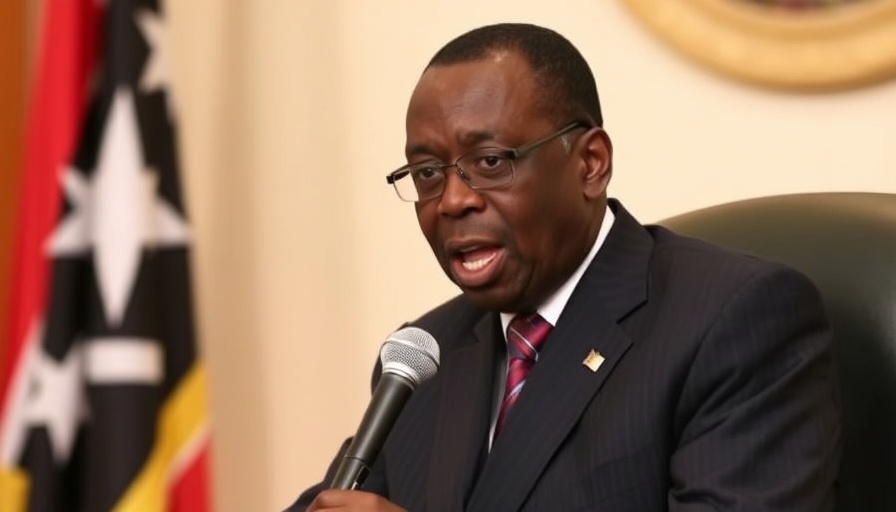
Shifting Sands in South Sudan's Judiciary
In a sudden move that has sent ripples through the legal landscape of South Sudan, President Salva Kiir has dismissed long-serving Chief Justice Chan Reec Madut and his deputy, John Gatwech Lul. This abrupt action, announced on the state-owned South Sudan Broadcasting Corporation, raises questions about the ongoing legal and political stability in a nation still grappling with the aftermath of civil strife and governance challenges.
Kiir's decision to appoint Benjamin Bak Deng as the new chief justice along with Laku Trankilo Nyumbi as deputy coincides with the backdrop of heightened tensions in South Sudan, notably the continued house arrest of opposition leader Riek Machar. Notably, Madut, who has held his post since the country's independence in 2011, was a crucial figure in navigating the complexities of South Sudan's fledgling justice system amidst ongoing conflicts.
Political Implications of Judicial Changes
The judicial reshuffle happens at a time when political trust is fragile and the country is critical in the discussions surrounding African governance and sovereignty. Observers speculate whether these changes are part of a broader strategy by President Kiir to consolidate power amidst uncertainties regarding his administration's future. The stakes are particularly high as South Sudan continues to confront various challenges, including entrenched corruption and the quest for accountability within its institutions.
This realignment in the judiciary could signal a pivotal shift in how justice is administered in South Sudan, potentially affecting foreign investments and diplomatic relations. Investors look closely at governance structures when evaluating economic opportunities, which makes the legal framework a critical element of interest.
Impact on Governance and Trust
South Sudan is at a crossroads, facing governance issues that require strong judicial independence to foster transparency and economic development. The recent changes in leadership may promote uncertainty among citizens and international partners alike. While a fresh leadership team often brings hope for reform, it also creates apprehension in a climate steeped in political maneuvering. The necessity for judicial reform becomes increasingly pressing as the international community watches how newly appointed figures will navigate the complex interplay between law and politics in the nation.
As observers assess the long-term ramifications of Kiir's latest decision, it is crucial to consider how these shifts will correlate with broader trends in African politics and governance, especially in relation to South Sudan's ties with regional powerhouses and international allies.
Conclusion: Monitoring South Sudan's Judicial Landscape
The recent judiciary reshuffle in South Sudan serves as a reminder of the fragile state of governance within the nation. Business leaders, policymakers, and researchers must remain vigilant, understanding how these developments could impact the country’s stability and its role in the broader African economic ecosystem. Engaging with these trends will be essential in promoting a robust dialogue on the future of governance and judicial integrity in Africa.
 Add Row
Add Row  Add
Add 


Write A Comment